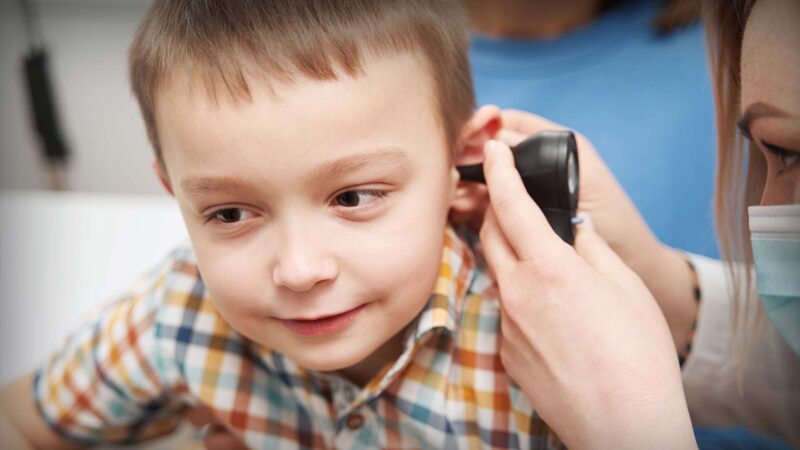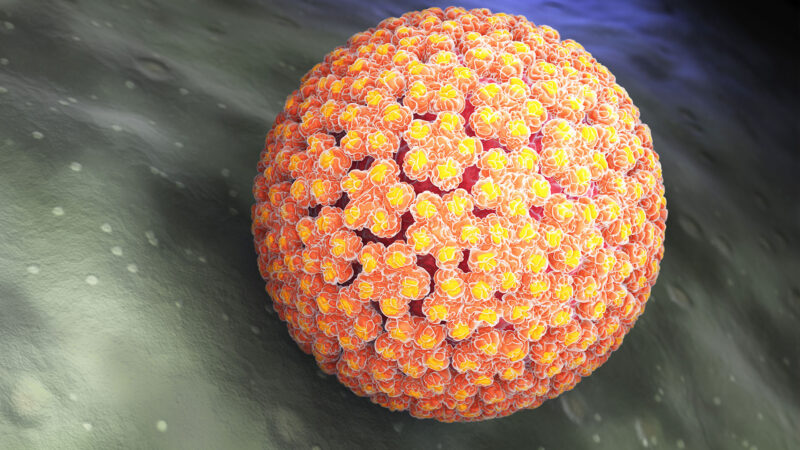RESPIRATORY HEALTH AND THE MICROBIOME IN THE LUNG ENVIRONMENT
Dr Steven Taylor, Postdoctoral Researcher,
Head of Respiratory Health Group
South Australian Health and Medical Research Institute (SAHMRI)
Adelaide, South Australia
RESEARCHER PROFILE
Filmed in Adelaide, South Australian | December 2024
Dr Taylor leads the Respiratory Health Group within the Microbiome and Host Health Program. His research employs tailored techniques that allow the lung environment to be characterised to a high level of accuracy, including detailed measurements of airway microbiology (microbiome), mucus composition, and inflammation. This information is used to identify predictive markers of chronic lung disease severity as well as determine effective forms of therapy.
Dr Taylor is one of the researchers leading The GRACE study, a project that aims to investigate the carriage and transfer of resistant bacteria or ‘superbugs’ in residential aged care.
Funded by the National Health & Medical Research Council’s Medical Research Future Fund, this study will produce new evidence to help us to improve facility management, including cleaning and hygiene practices, to prevent the spread of harmful bacteria, and ultimately improve the health of aged care residents and the wider community.
Dr Taylor also recently led a study that showed genetics may play a crucial part in the efficacy of probiotics. Published in ISME Journal in June the study, focussed on the interactions between probiotics and individual genetic traits. Researchers say their findings suggest a more tailored approach to using probiotics may have the potential to significantly enhance gut microbiome regeneration and related health benefits.
You Might also like
-
Novel forms of brain stimulation & psychedelic assisted psychotherapy
Professor Paul Fitzgerald is the Head of the School of Medicine and Psychology at the Australian National University. He is an academic psychiatrist with a MBBS degree, Masters of Psychological Medicine and research PhD. He has conducted an extensive range of experimental studies and clinical trials, focused on the development of novel treatment options for patients with mental health conditions such as depression, schizophrenia, obsessive compulsive disorder, PTSD, autism and Alzheimer’s disease.
-
Junior Fellowship to develop vaccine for bacteria that cause ear infections
Dr Erin Brazel has a background in molecular and translational microbiology, with a focus on developing new ways of preventing and treating bacterial diseases. Recently Dr Brazel has been awarded a Junior Fellowship by the Passe & Williams Memorial Foundation.
The fellowship enables outstanding individuals to obtain postdoctoral training under the supervision of an experienced clinical or scientific researcher, with the view to establishing a research career in Otolaryngology, Head and Neck Surgery in Australia and/or New Zealand.
-
Professor Christoph Hagemeyer
RESEARCH IN NANOBIOTECHNOLOGY
@ MONASH UNIVERSITY
VICTORIA, AUSTRALIA



